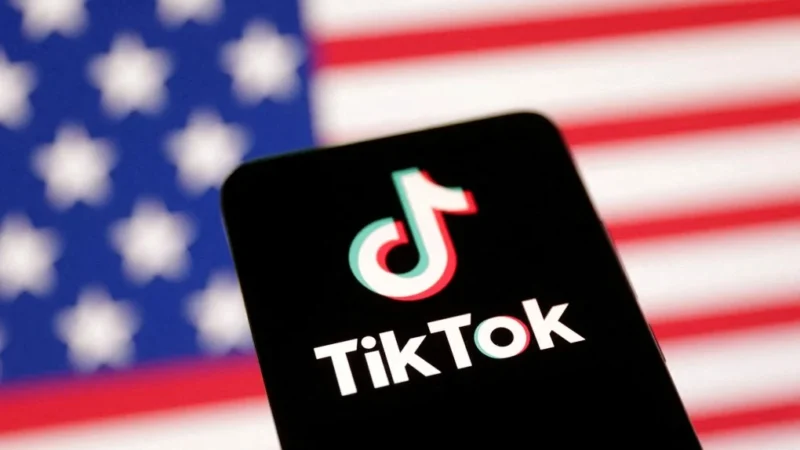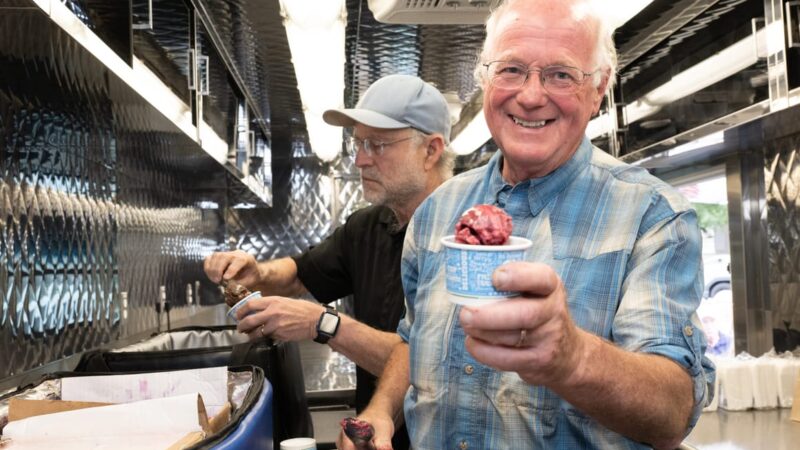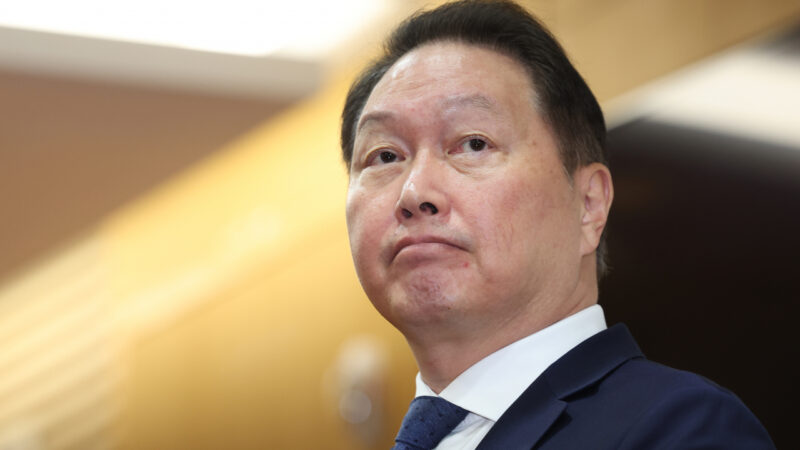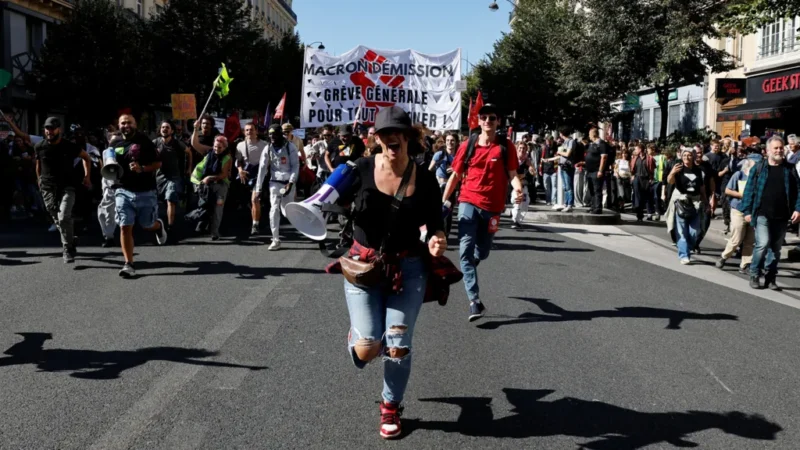Britain’s economy will grow by 0.08% as a result of the “UK-Asia trade agreement.”

Three years after the United Kingdom’s formal exit from the European Union, it has agreed to join a trade agreement with 11 countries in Asia and the Pacific.
The government claims that joining the club will increase UK exports by lowering tariffs on products like Vehicles, machines, cheese, chocolate, gin, and whisky.
According to projections from within the administration, the UK’s GDP will only grow by 0.08% as a result of joining the bloc.
A market of almost 500 million people is covered by the commerce area.
In 2018, the countries, including Vietnam, Brunei, Australia, Peru, Canada, Malaysia, Chile, Mexico, Japan, New Zealand, and Singapore, joined to form the “Comprehensive and Progressive Agreement for Trans-Pacific Partnership,” or CPTPP.
The CPTPP’s membership eases trade restrictions and lowers tariffs on goods, which are a type of border tax. The 11 members collectively generate 13% of global wealth, and the UK is the first European nation to join after 21 months of talks. The arrangement, according to the government, is the UK’s “largest trade deal since Brexit.”
The UK is expected to see very small benefits from entering, though. Except for Brunei and Malaysia, the UK already has free trade agreements in place with all of the other countries, some of which were carried over from its time as an EU member.
The government projects that even with some trading gains, the size of the economy will only increase by 0.08% during the next ten years. Previously, the “Office for Budget Responsibility (OBR),” which makes estimates for the government, claimed that Brexit would over time lower the UK’s capacity for economic growth by roughly 4%.
Prime Minister Rishi Sunak, however, claimed that the agreement showed how the “actual economic benefits of our post-Brexit freedoms” were displayed.
In the global economy, the UK is now in a great position to take advantage of prospects for new jobs, growth, and innovation because of its participation in the CPTPP, he claimed.
The agreement was like “purchasing a start-up,” according to Kemi Badenoch, the secretary of business and trade.
Although the agreement will “open new markets” for farmers, she claimed that UK agriculture would suffer.
The government listed further “benefits” of joining the bloc, including a boost to the services sector because UK businesses won’t need to open a local office or be residents to provide a service, putting them on an even footing with local businesses.
The last legal and procedural measures necessary for the UK to formally sign in 2023 will be taken, according to the government and CPTPP participants.






